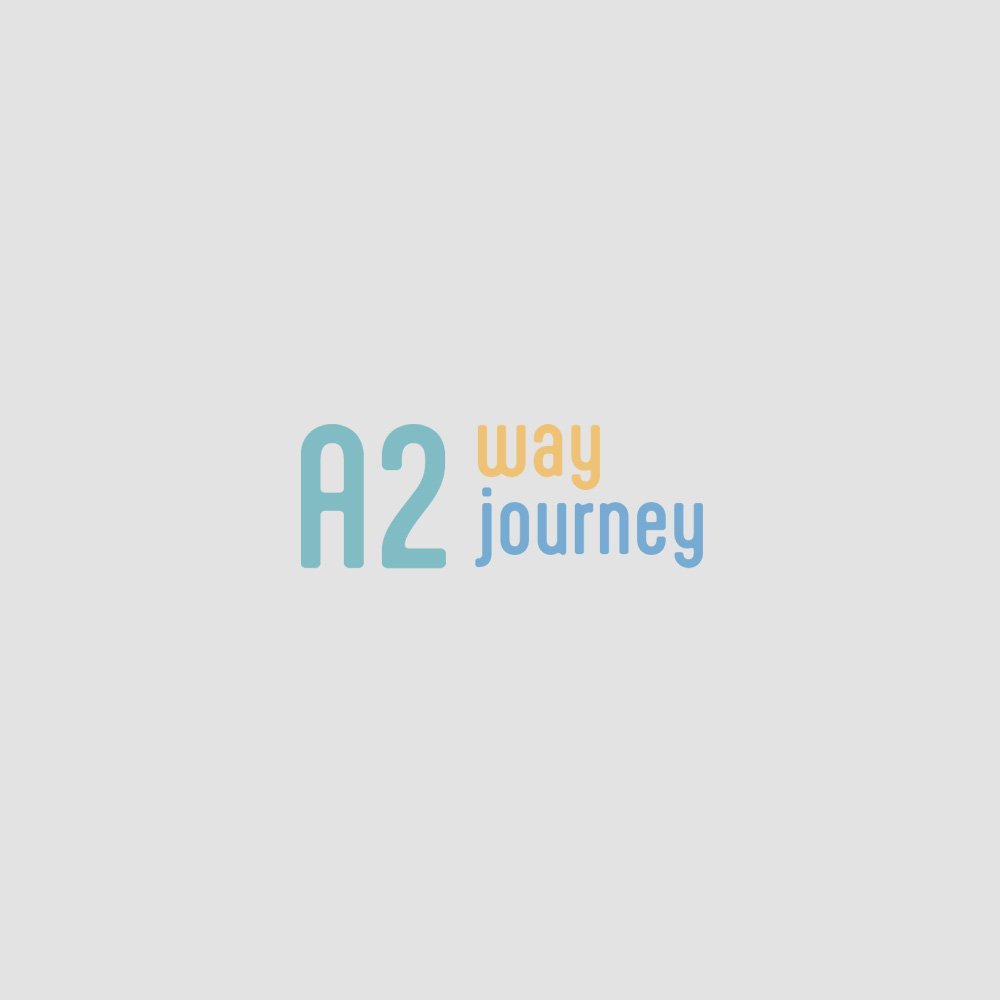
Before coming to Ankara, we both thought we were open-minded. We had traveled, met people from different countries, and considered ourselves tolerant and inclusive. But these first two weeks of volunteering in an international environment have shown us something important: we all carry stereotypes—sometimes without even realizing it.
Being surrounded by people from many different cultures—Ukraine, Sweden, Spain, Portugal and Morocco has been eye-opening. In the beginning, it was easy to make quick assumptions. “Swedish are always on time,” “Spaniards are relaxed,” “Ukrainians are serious”. These are small, even harmless stereotypes. But they are boxes—boxes that reduce people to labels and limit our ability to really get to know them.
Prejudice often starts in small thoughts. It’s assuming someone is a certain way because of where they’re from, how they dress, or how they speak. Sometimes these assumptions come from ignorance, sometimes from what we’ve seen in social media, or even from how we were raised. But what we’ve learned here is that the only way to challenge those thoughts is through real connection.
One of the most beautiful things about this project is how it pushes us to go beyond first impressions. When you live and work with people every day, stereotypes start to fall apart. The “serious Ukrainian” turns out to be incredibly funny. The “loud spanish” is also a great listener. The more we talk, share meals, collaborate, and simply exist together, the more we see people, not categories.
Working with Ukrainian refugees adds another layer to this conversation. Many of them have also faced stereotypes, being seen only as “victims” or as “foreigners” instead of individuals with strength, stories, and skills. Through our workshops, we try to create spaces where everyone feels seen beyond their status. Where people are not reduced to their past, but recognized for their humanity.
Challenging prejudice starts with humility, with admitting that we all have blind spots. It’s not about being perfect, but about being open. Listening more. Asking questions. Giving people space to be who they are, not who we expect them to be.
If there’s one thing we’re taking from this experience so far, it’s that stereotypes are weak, but human connection is powerful. The more we share, the more we learn. And the more we learn, the less we judge.

